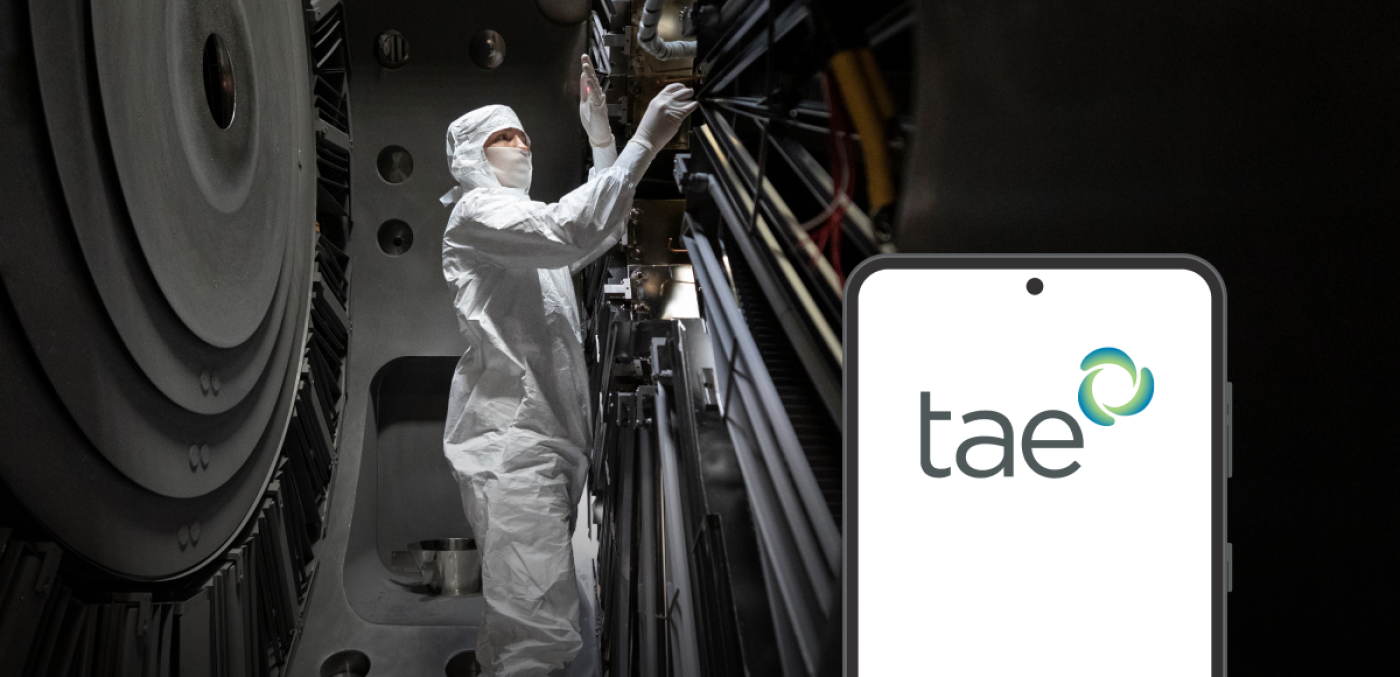TAE Technologies among companies aiming to make Fusion Energy available to the World.
Nuclear fusion is the chemical process that powers the Sun. And a group of private companies seeking to commercialize fusion reactors here on Earth received some monumental news.
Scientists at the Lawrence Livermore National Laboratory in California recently induced a fusion reaction that produces a net energy gain — that is, it generated more power than it consumed. According to Bloomberg, achieving such a net energy gain has been the elusive lodestar of fusion research since the 1950s. “The breakthrough creates the possibility of a system that would have enough energy to sustain a fusion reaction plus produce excess power that could be tapped and sold,” writes Bloomberg. “It demonstrates that fusion technology could eventually be used to generate electricity on a commercial scale.’’
This news, which was announced on Dec. 13th, should prove heartening to investors in startups developing fusion reactors such as TAE Technologies, Helion Energy, Commonwealth Fusion Systems, and several other companies. According to Bloomberg, investors have dedicated nearly $5 billion to about 35 fusion startups, according to the Fusion Industry Association, with funding roughly doubling since last year.
“This marks the dawn of the fusion age,” said Michl Binderbauer, chief executive of TAE Technologies, reacting to the news out of California on his company’s website. “It’s a crucial step that validates a theory and bolsters our growing field of work in fusion energy.”
In comments made to tech newsite GeekWire, David Kirtley, Helion Energy’s chief executive, said that Lawrence Livermore’s announcement means that “the world is closer than ever to harnessing fusion.” Though the work done by the California lab ‘‘is not focused on commercial energy production, their research is helpful to commercial fusion companies like Helion, by de-risking and examining the key physics that stay true for all fusion,” Kirtley added.
The process of fusing atoms together in a controlled way releases four times as much energy as nuclear fission reactions at equal mass, according to ITER, an international nuclear fusion research and engineering megaproject based in France. If fusion can be scaled up, it offers the promise of around-the-clock clean power with less risk and hazardous waste than what is generated by nuclear fission, the process of splitting atoms that has powered nuclear-powered electric plants for decades.
Clearly, that’s the way a large number of institutional investors see it. In July, Google and Chevron were among the investors in a $250 million Series G funding round for TAE Technologies, which is developing a commercial fusion power source. The company, based in Foothill Ranch, Calif., has raised a total of $1.2 billion and its last known valuation was almost $5 billion.
Helion, based in Everett, Wash., is building its seventh fusion prototype, dubbed Polaris. By 2024, the aim for Polaris is to capture the energy created by fusion and produce electricity. In November 2021, Helion Energy announced it had raised $500 million in funding, with another $1.7 billion committed that is tied to meeting performance milestones, according to the Wall Street Journal. The company’s last known valuation was $3.6 billion.
Finally, last December, Commonwealth Fusion Systems, a Cambridge, Mass.-based research company that was conceived at MIT, announced that it has raised more than $1.8 billion in Series B financing. The round was led by Tiger Global Management with participation by investors including Microsoft founder Bill Gates and hedge fund titan George Soros’ Soros Fund Management. Some of the funding has gone to constructing and operating SPARC, a fusion machine.





